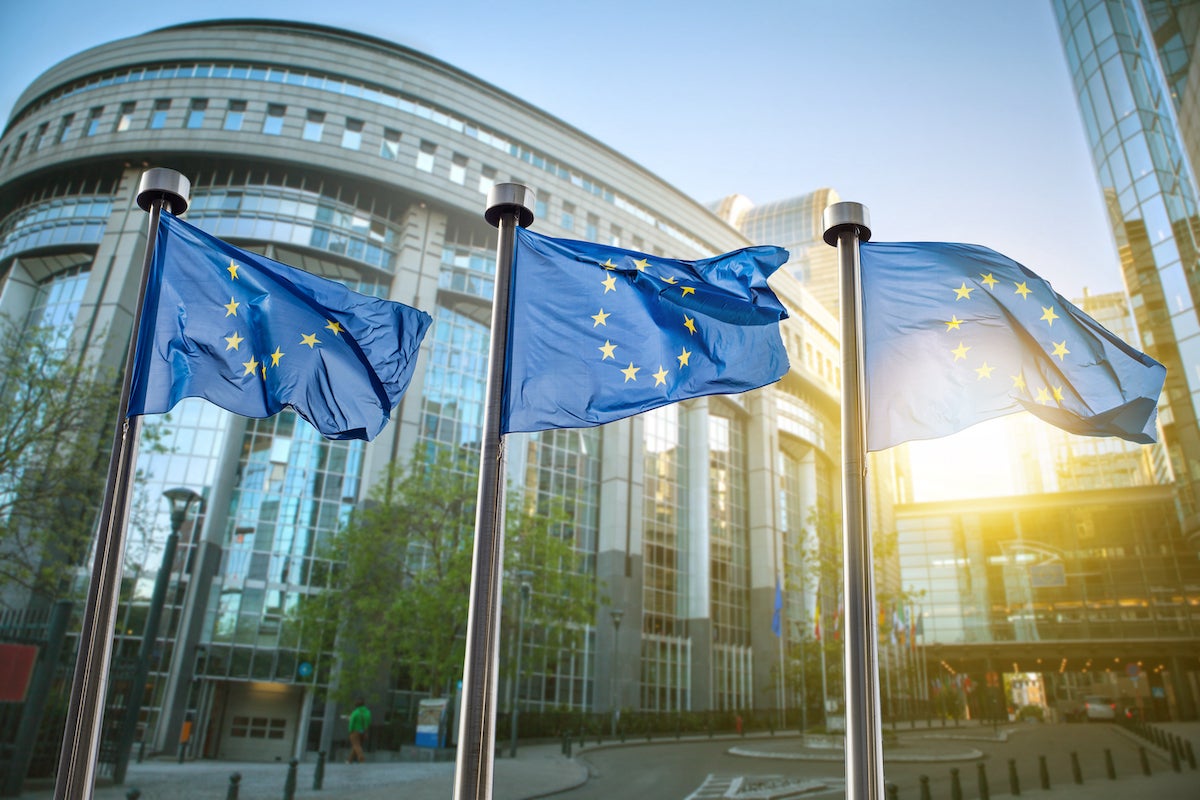Digital Europe, an advocacy group that represents digital industries across the continent, has released a joint statement ahead of the EU’s AI Act’s final weeks of negotiations, warning that over-regulation could stymie innovation and cause startups to leave the region.
The group’s core argument is that the AI Act now goes beyond its original intended scope, and should instead remain focused on high-risk use cases, rather than being directed at specific technologies. Digital Europe also warned that the financial burden the Act could place on companies wanting to bring AI-enabled products to market could make operating out of the EU unstainable for smaller organizations.
“For Europe to become a global digital powerhouse, we need companies that can lead on AI innovation also using foundation models and GPAI (general-purpose AI),” the statement read. “As European digital industry representatives, we see a huge opportunity in foundation models, and new innovative players emerging in this space, many of them born here in Europe. Let’s not regulate them out of existence before they get a chance to scale, or force them to leave.”
The letter was signed by 32 members of Digital Europe and outlined four recommendations that signatories believe would allow the Act to strike the necessary balance between regulation and innovation. These include ensuring a risk-based approach remains at the core of the AI Act; better aligning the Act with existing product safety legislation; and ignoring calls for the regulation to tackle copyright issues.
“The EU’s comprehensive copyright protection and enforcement framework already contains provisions that can help address AI-related copyright issues, such as the text and data mining exemption and corresponding,” the statement read.
Concerns of over-regulation have been previously raised
This is not the first time the EU’s AI Act has faced criticism from industry leaders expressing concern about the legislation’s scope and potential to over-regulate the industry.
In June, 163 prominent executives representing some of Europe’s biggest technology and business companies, including Airbus, ARM, Capgemini, Schneider Electric, and Siemens, signed an open letter urging the EU to adopt a more hands-off approach to AI regulation, worrying that the draft AI Act would make the continent less competitive in the fast-growing field.
“Wanting to anchor the regulation of generative AI in law and proceeding with a rigid compliance logic is as bureaucratic of an approach as it is ineffective in fulfilling its purpose,” the letter said. “In a context where we know very little about the real risks, the business model, or the applications of generative AI, European law should confine itself to stating broad principles in a risk-based approach.”
Although the AI Act was approved by the European Parliament in June, it needs to be ratified by each EU country before it becomes…
2023-11-29 02:41:03
Source from www.computerworld.com rnrn
